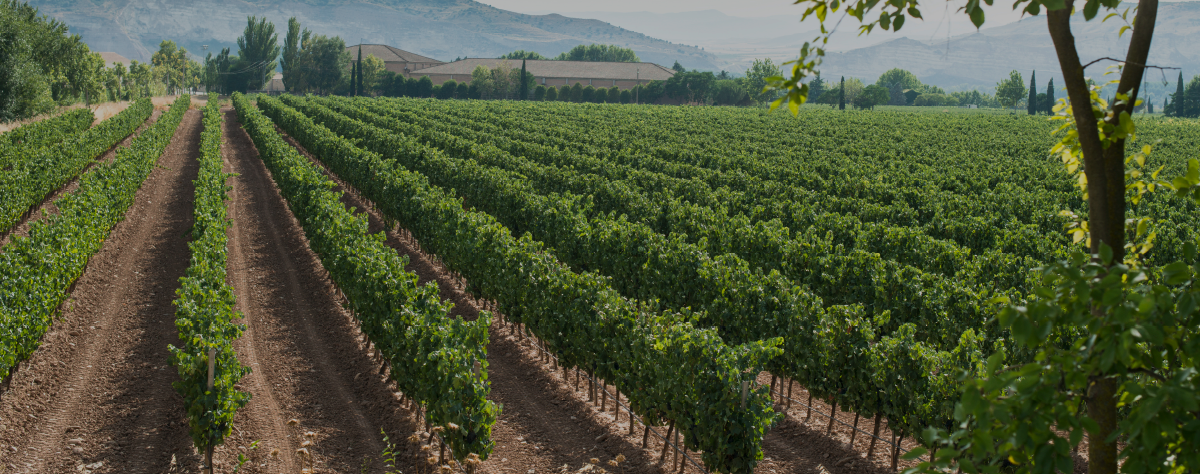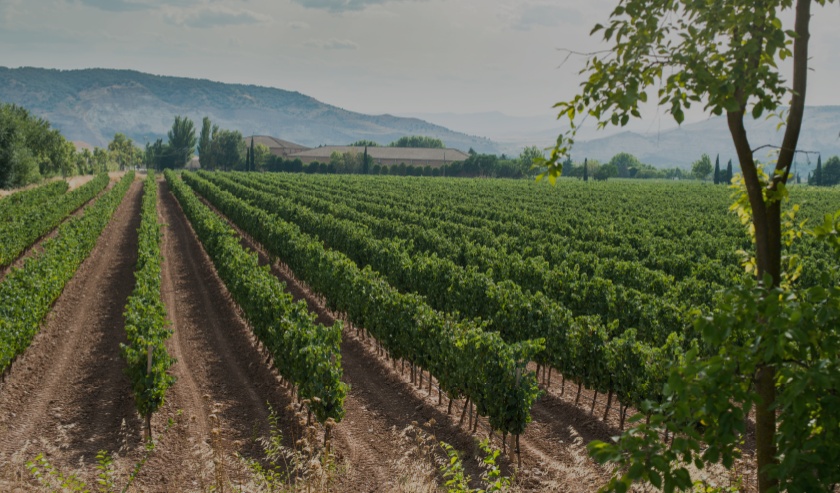
PAA for Wineries
Wine helps drive the California economy. With domestic sales exceeding $46 billion in 2020, the California grape crop is critically important as an agricultural product, not just for the state but also for the U.S. That’s why product safety and crop security are top concerns for winegrowers.
Enviro Tech’s peracetic acid (PAA) formulations help winegrowers — from irrigation and foliar treatments to processing and bottling solutions — meet necessary safety regulations and address environmental concerns in order to create a tasteful glass of California wine.
Due to its Zero Liquid Discharge (ZLD) factor, PAA provides no anions, cations or total dissolved solids (TDS) into wastewater. This means that recycled wastewater treated with PAA has no minerals or salts, making it possible for growers to save water by irrigating their crops with recycled wastewater.
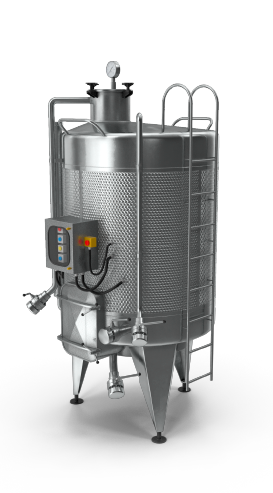
Wine-making tanks, cooperage, pipes, and hoses must remain clean and free of contaminants to ensure safe and efficient production. Many clean-in-place (CIP) detergents contain multiple chemicals, which can make it hard to gauge effectiveness and implement individual product safety measures such as neutralization
Perasan® A is a chlorine-free, liquid, water-soluble, EPA-registered sanitizer suitable for use in wineries for CIP sanitizing. Perasan® A uses peracetic acid (PAA) for sanitizing pumping systems, bottling lines, vessels, and fittings. It is approved for organic production and is free of any trichloroanisole- (TCA) forming precursors.
- Is effective against pathogenic and spoilage organisms such as E. coli, Salmonella, Listeria, Byssochlamys, Aspergillus, and more
- Is EPA registered (Reg. No. 638381)
- Is OMRI certified for organic production
- Does not require water rinse after application
- Is not corrosive to stainless steel equipment
- Is effective over a wide pH range
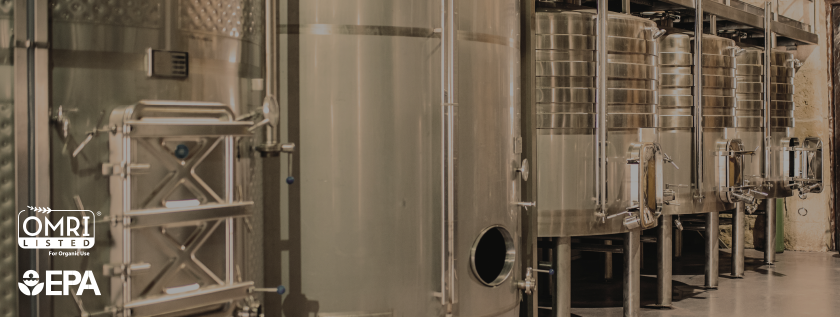
Perasan® A has many advantages over Sodium Hypochlorite (chlorine) for sanitation in wineries. Several of these benefits are related to finished wine (quality) and final water discharge (environment):
| Concern/Comparison | PAA | SH |
|---|---|---|
| Forms taste and odor compounds (DBP’s) | no | yes |
| Precursor to Trichloroanisole (TCA) formation | no | yes |
| Adds salts to process wastewater | no | yes |
| Contributes to mineral scale formation | no | yes |
| Loses activity at acid pH values | no | yes |
| Loses effectiveness at alkaline pH values | no | yes |
| Corrosive to stainless steel | no | yes |
| Corrosive to aluminum and alloys | no | yes |
| Precursor to carcinogens (THMs, Haloacetic acid) | no | yes |
| Persistent in the environment | no | yes |
| Persistent in finished product (wine) | no | yes |
| Contributes to conductivity of waste stream | no | yes |
| Increased efficacy in hot water | yes | no |
| Effective biofilm remover | yes | no |
| Degrades to carbon, oxygen, water | yes | no |
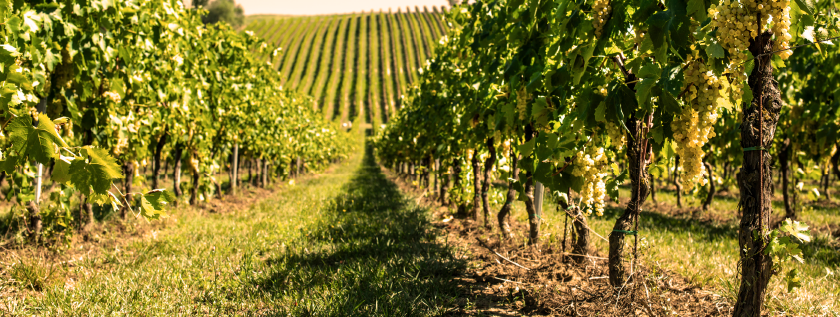
Various diseases — including powdery mildew, leaf rot, and bunch rot — can decimate grape crops in the field. Growers need a combination of irrigation and foliar treatments throughout the growing season to control these devastating diseases.
This is where Peragreen® 5.6 — an equilibrium mixture of peracetic acid, hydrogen peroxide, and acetic acid — can play a fundamental role in keeping vines healthy while meeting organic standards, like OMRI certification.
Peragreen® 5.6% is an antimicrobial formulation for use in foliar applications to prevent and control bacteria, fungi, and powdery mildew on grapes. It can also be used as an irrigation water treatment for drip or spray irrigation to prevent the buildup of solids, slime, and organic material in irrigation lines.
Additionally, Peragreen® 5.6% works as a direct soil and seed treatment, as a pre-plant application at seeding or transplanting, and as a periodic soil treatment throughout the plant’s life up to the day of harvest. It can be applied weekly as a preventative product or initially used as a curative product.

